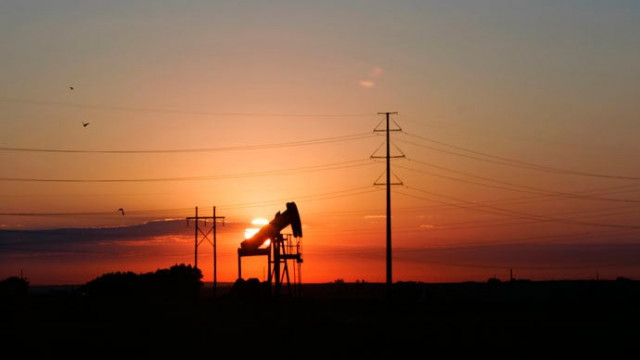
GHPL, which is 100% owned by the government of Pakistan, monitors and manages the government’s working interests in upstream onshore and offshore oil and gas fields. With 133 joint ventures including 51 exploration licences and 82 development and production leases, GHPL is the fifth largest exploration and production company in Pakistan.
“We have screened 133 fields and found out that five to seven have proven hydrocarbon reserves where we can increase our shareholding,” GHPL Managing Director Mobin Saulat told The Express Tribune.
He pointed out that GHPL had been working with foreign operators and the proposed plan would attract other companies to follow the model. “Imported gas like liquefied natural gas (LNG) and future flows through Tapi pipeline should give some breather to the government; now it can focus on domestic oil and gas reserves,” he said.
Saulat revealed that necessary work had been done and joint-venture companies had come up with a good response to the proposed plan. The plan will be submitted before the GHPL board of directors for approval.
Unprecedented growth witnessed in petroleum sector in five years
“Our focus is clear, which is to maintain and enhance revenue stream of the company; the theme is to invest in a timely manner,” he said. “Since oil and gas reserves of GHPL are depleting, it is essential to either look for more hydrocarbon discoveries in existing blocks, acquire additional working interest in existing blocks or study how to reduce the financial strain from less rewarding blocks and divert saved funds to highly rewarding opportunities like acquiring new blocks in future bidding rounds in partnership with local and international companies.”
Explaining the methodology, Saulat said a GHPL team had been tasked with examining the licences granted to different domestic and international operators in Pakistan in an effort to invest in exploration and production assets. A number of areas and concessions have already been screened based on regional prospects with subsequent detailed assessment of prospective blocks.
According to Saulat, mainstream operators are being contacted and the response has been overwhelming. “This shows their deep confidence in GHPL’s technical capabilities and financial strength to support operators in operating in blocks that are sensitive in relation to security, but are also extremely prolific.”
Besides injecting fresh capital, GHPL expects foreign investment of hundreds of millions of dollars through farm-in initiatives with significant gas flows into the system along with thousands of barrels of oil production.
These new initiatives will also contribute to the national exchequer in terms of dividend, taxes, royalty, etc along with creating new job opportunities.
Saulat boasted that GHPL had been restructured and its technical, finance, human resources and information technology departments had been strengthened where highly skilled staff had been hired at different levels. The company got an added advantage by engaging highly experienced executives who came into its fold after some international energy companies pulled out of Pakistan.
As part of strategic initiatives, capacity-building programmes have been planned and massive investment will be made in new software and hardware to upgrade data analysis and the MIS.
GHPL is a lean organisation compared to other public-sector exploration and production companies like Pakistan Petroleum Limited and Oil and Gas Development Company.
With CPEC, demand for petroleum products set to grow
This provides an excellent opportunity for lucrative returns since overheads and operational expenditures are very low.
Another clear advantage, Saulat said, was access to a large database since GHPL had a vast base in terms of joint ventures. “This entails opportunities for national and multinational exploration and production companies that can get access to a strong knowledge base for investment in the upstream oil and gas sector of Pakistan.”
Published in The Express Tribune, August 5th, 2018.
Like Business on Facebook, follow @TribuneBiz on Twitter to stay informed and join in the conversation.






1726054615-0/OpenAI-(2)1726054615-0-270x192.webp)











COMMENTS
Comments are moderated and generally will be posted if they are on-topic and not abusive.
For more information, please see our Comments FAQ